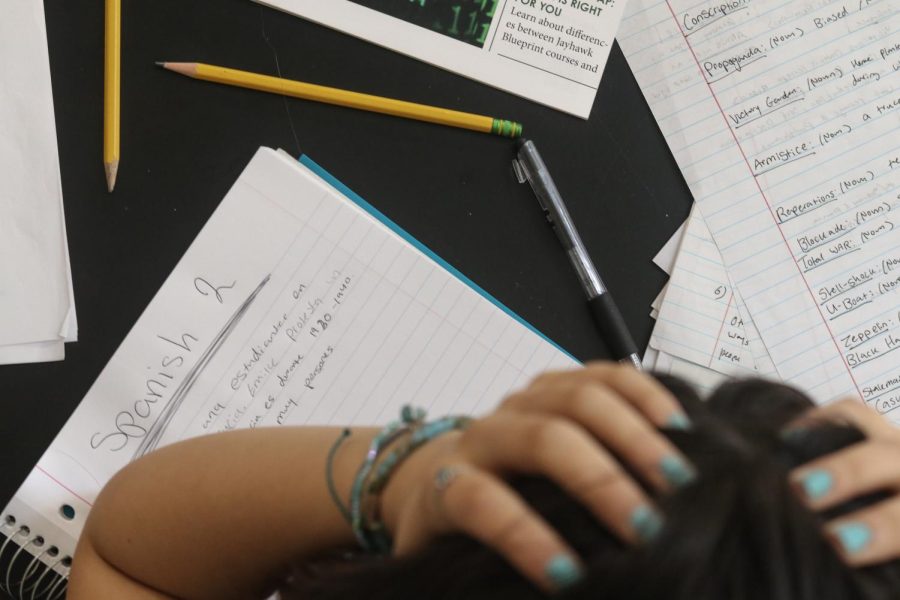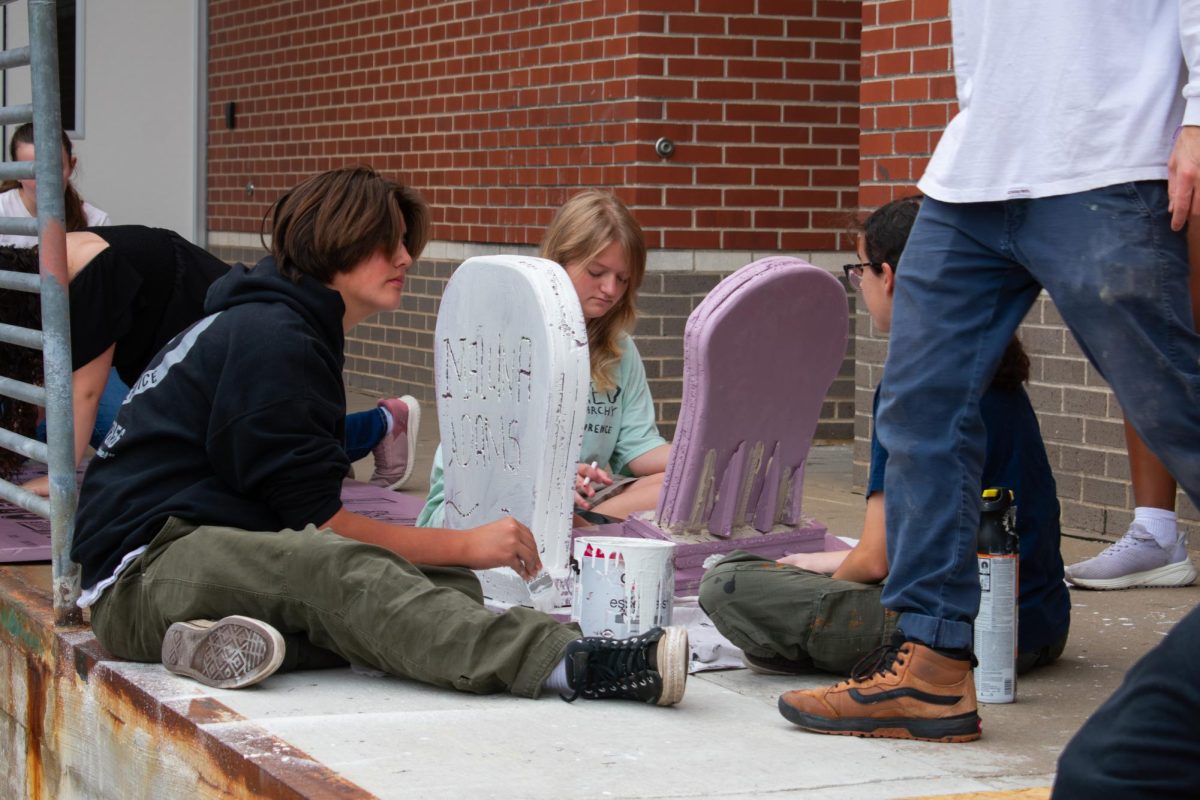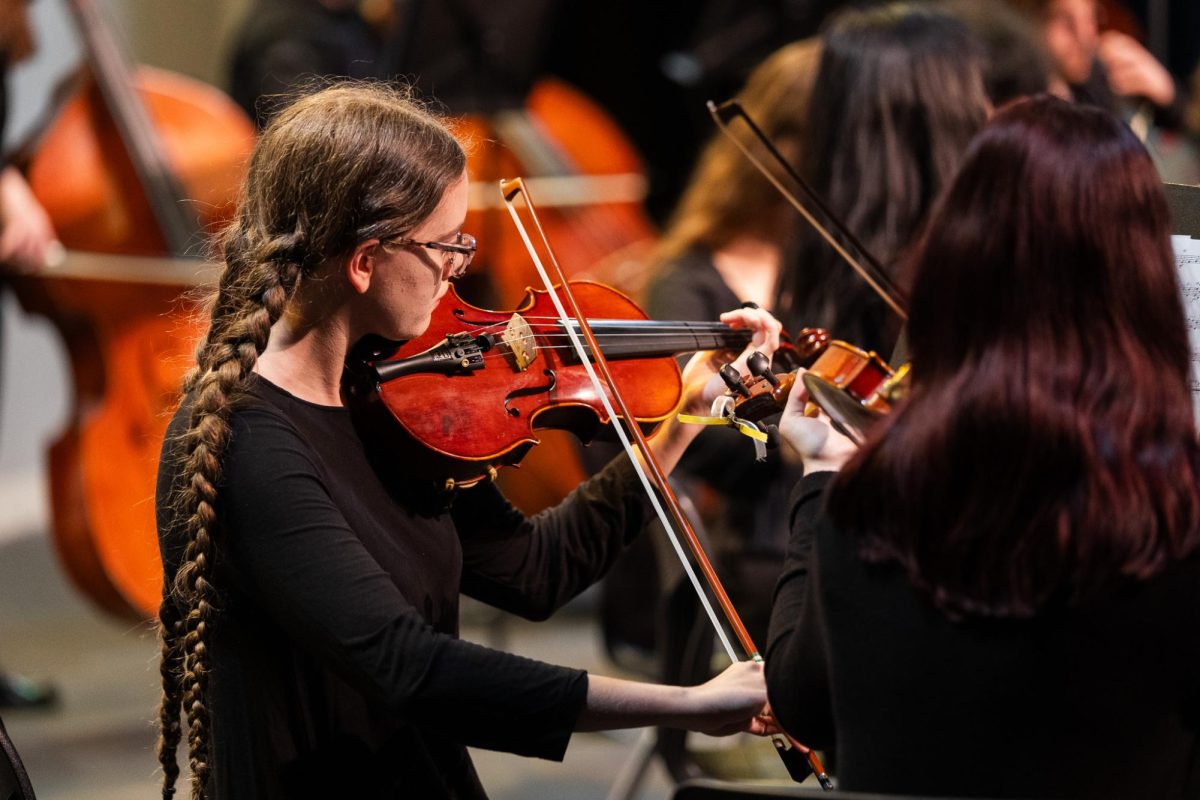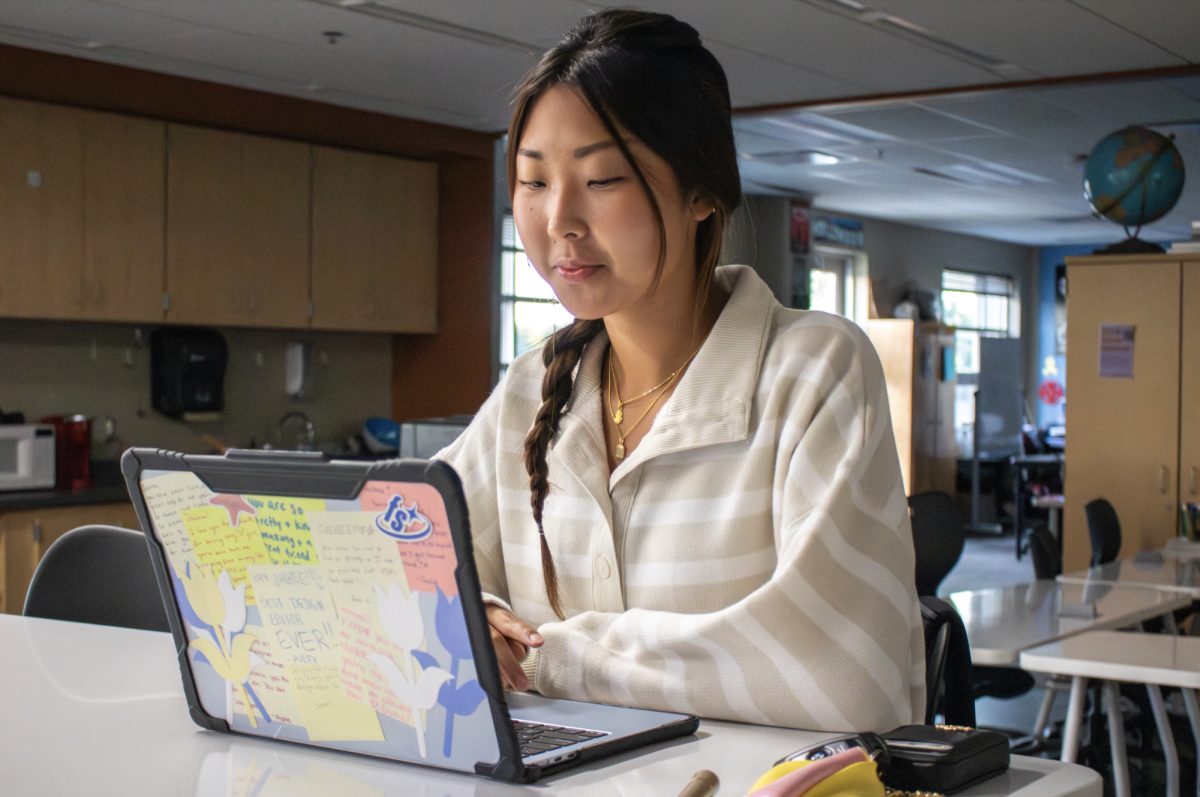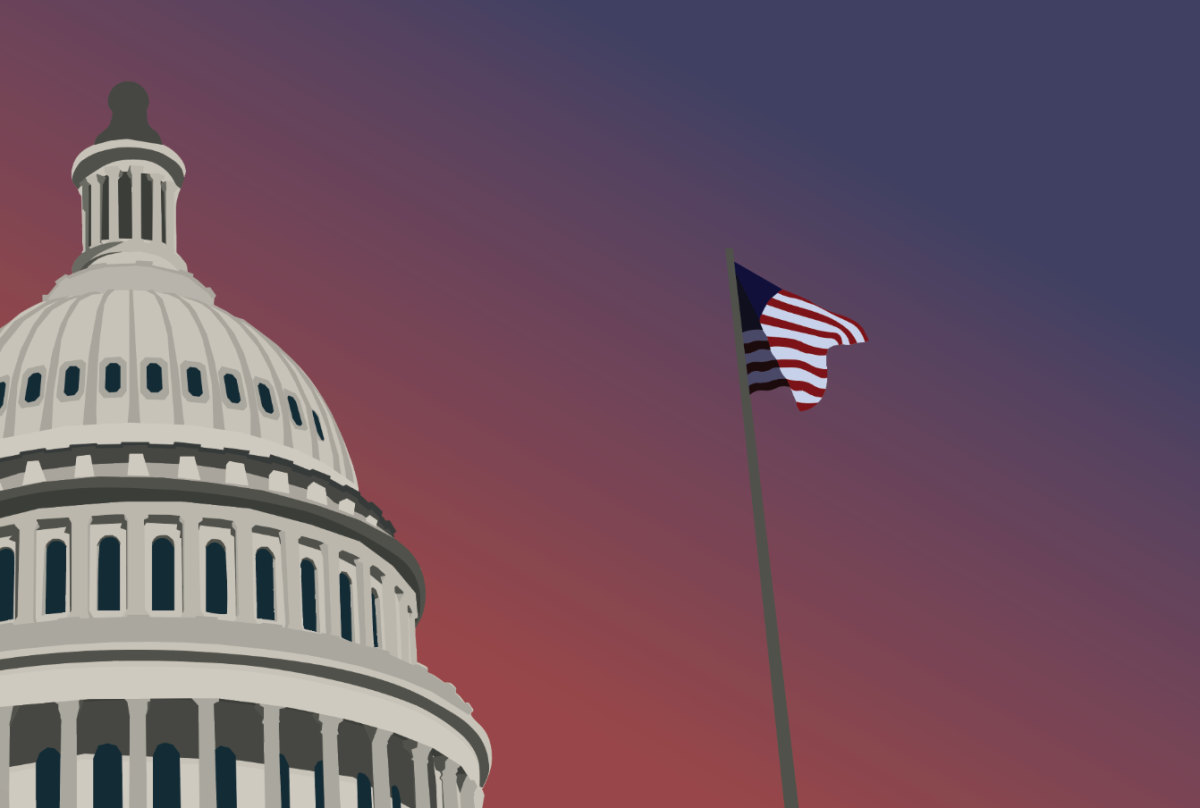FEATURE: Turns out to be Burnout
Academic burnout affects many, especially seniors, resulting in “senioritis”
On top of extracurriculars, work and activities, students are feeling overwhelmed by their academic demands. Junior Rachel Bruffett sometimes feels overworked when having to do loads of homework and study for upcoming tests. “I feel like during the week it’s just really fast paced and I only get to recover over the weekend, then do it all over again,” Bruffett said.
April 28, 2023
According to a poll from @fsjournalism on instagram, 94% of Free State students have experienced academic burnout. Normally towards the final stretch of the year students want to leap into summer, but overwhelming
workloads pile up.
Seniors tend to get hit the hardest when it comes to academic burnout. Most have spent four years in the same building, and Senior Naheen Jamal is ready to move on.
Whether it’s college plans or end of year goodbyes, senioritis is talked about amongst students. Jamal is one of many who believes her senior schedule has made it even more difficult to get work done.
“Honestly, I come to school and I zone out all day,” Jamal said. “I like having the library’s quiet workspaces, but I feel like every time I’m at school, I’m put into autopilot mode.”
Compared to last year, seniors aren’t allowed as much independent studying time. Jamal preferred the extra homework blocks, because the school gave her plenty of time to get all the work done. Though, this year students only have 30 mins of ECT to catch up on their sometimes heavy workload.
“I wish somebody had told me not to take as many classes because when I was a junior full of energy. I was like, ‘I’m gonna have the exact same energy next year,'” Jamal said. “Nobody told me I was going to get hit in the face with a pile of bricks.”
The pandemic paused student to teacher interactions and limited school activities. Online learning created a disruption in schools academic abilities, but more importantly their social skills.
“We haven’t had as much time with our community, especially since high school is one of the most essential parts of your life in terms of learning social skills,” Jamal said.
While the pandemic may play a huge part, counselor Marc Conover explains academic burnout as multiple “to-do” lists overlapping each other. Students tend to see every stressful task at the same time, instead of focusing on the present moment. This leads to a loss of energy and many students ultimately give up.
“For all of those cases, it’s important for students to stay present and focus on one thing at a time, while other people will look at their assignments for the whole semester,” Conover said.
Stressing about multiple classes takes time away from sitting down and actually completing each assignment. But, for picking out classes, students may not realize the amount of work needed from each one. And it allows limited time for extracurriculars outside of school.
“They are taking more than they can handle,” Conover said. “Whether it’s too many college level classes, or a combination of too many high level classes with a lot of extracurriculars that they are involved in, they just run out of time to do things and get overwhelmed.”
When students are loaded with stress, there is a possibility that their attendance can decrease. Senior Annabelle Hurst said that last year she might have skipped a class to catch up, but then missed work from that day which led her into the same ongoing loop.
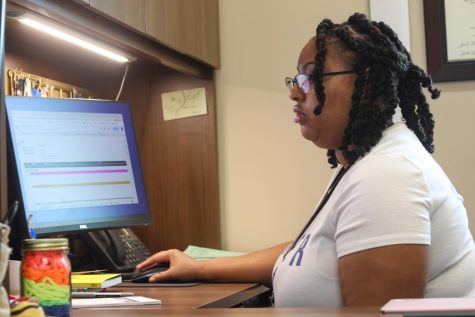
“Once you skip one class it’s really easy [to continue doing it] because there were no repercussions for that,” Hurst said. “Then, you can’t stop yourself from skipping the next one.”
Due to the decrease in attendance rates, the school counselors have tried giving students resources to help during these overwhelming times. Conover has noticed that strategies such as planning small breaks can help students tremendously during studying.
“You can make a plan where you’re going to do homework for 25 minutes, take a five minute break, then do homework for another 25,” Conover said.
Hurst recommends using planners, going to coffee shops and getting small rewards after each finished assignment.
Even with these techniques, schools continue to see students struggle. But overall, Conover believes students should be prepared for future burnout.
“It’s really a life issue. It’s important to be able to put some thought into why it’s happening and kind of analyze what you need at the moment,” Conover said.



